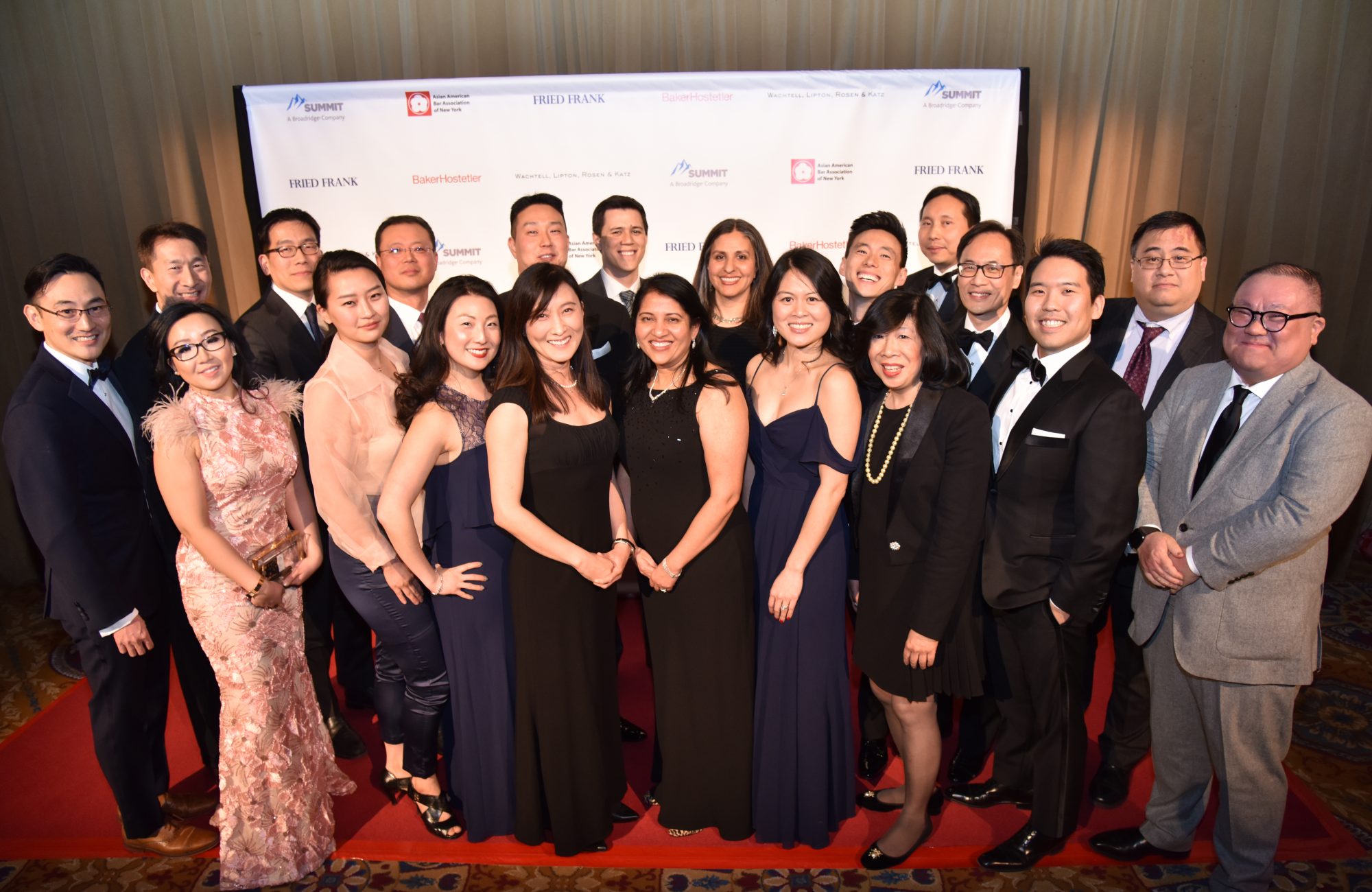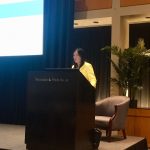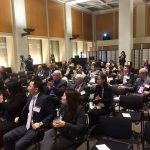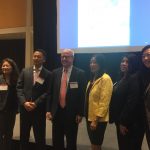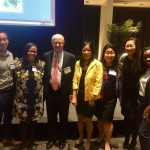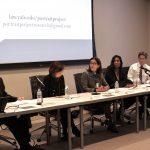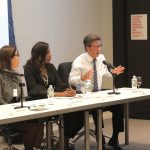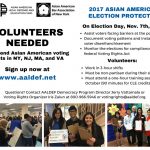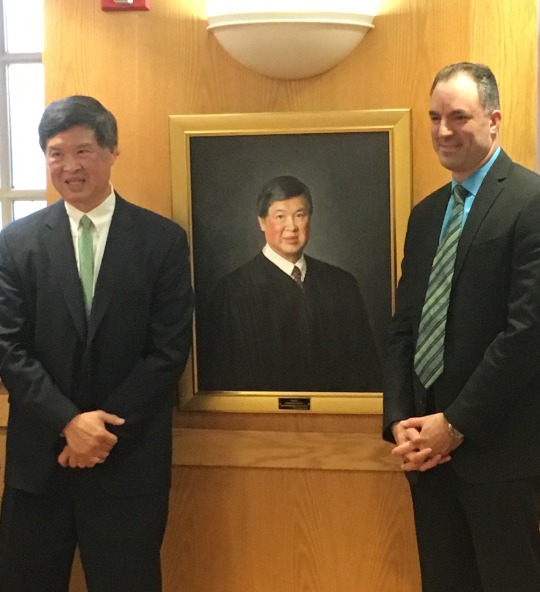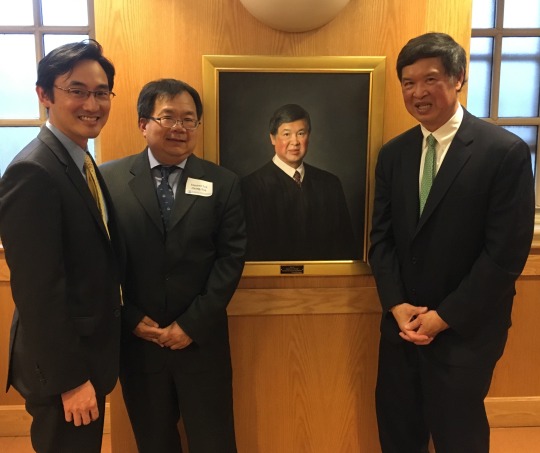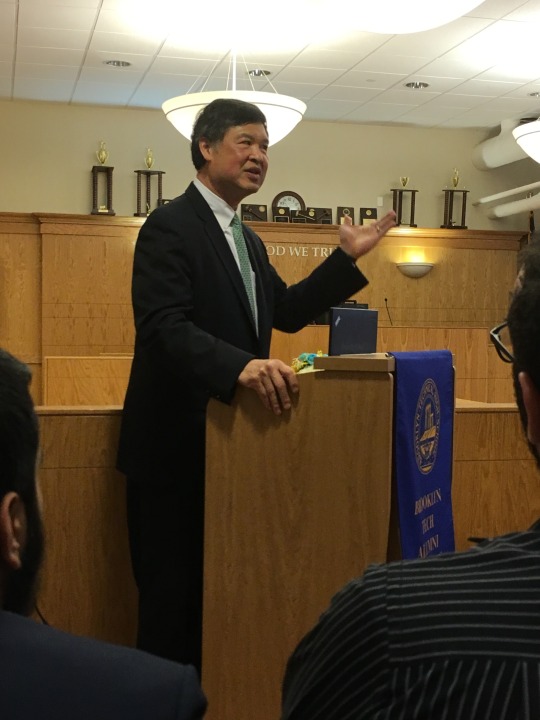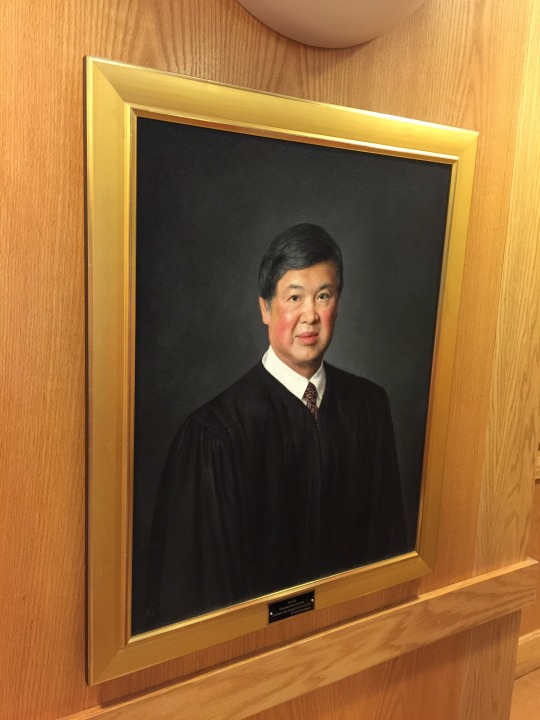News Release
For Immediate Release
June 19, 2017
For More Information, Contact:
Brett Schuster, Communications Manager
[email protected].
, 202-775-9555
WASHINGTON — The National Asian Pacific American Bar
Association (NAPABA) is concerned about the impact to diverse communities from
today’s ruling by the United States Supreme Court that the provision of federal
trademark law that prevents “disparaging” terms from being trademarked is
unconstitutional. The decision in Matal v. Tam (formerly Lee v. Tam) allows The
Slants, the Asian American rock band that challenged the provision, and other
groups — including the Washington football team — to register exclusive federal
trademarks using racial slurs.
“The ability of any business or individual to have the
exclusive ability to profit from racial slurs using a federal trademark, no
matter their intent, has harmful consequences,” said NAPABA President Cyndie M.
Chang. “As current events remind us, Asian Pacific Americans and other
communities are all too familiar with the damage caused by racial slurs and
epithets. While communities must have the ability to reclaim historically
disparaging terms used against them and exercise free speech, today’s decision
does not advance those objectives by granting exclusive ownership of a term in
commercial settings.”
In Lee v. Tam, the Court considered whether Simon Shiao
Tam’s application to trademark the name of his band, The Slants, was properly
rejected by the U.S. Patent and Trademark Office under Section 2(a) of the
Lanham Act, which permits the denial of trademark registration of “disparaging”
marks. Tam, who asserts the band’s name is an effort to reappropriate the slur,
challenged the validity of the statute, not only as applicable to his case but
for all trademarks. The Federal Circuit below ruled for Tam, finding Section
2(a) unconstitutional. The Supreme Court upheld that decision. In an opinion
written by Justice Samuel Alito, the Court concluded that the disparagement
provision violates the Free Speech Clause of the First Amendment and
constitutes discrimination based on viewpoint.
NAPABA joined the Hispanic National Bar Association, the
National Bar Association, the National Native American Bar Association, the
National LGBT Bar Association and the Fred T. Korematsu Center for Law and
Equality in filing an amicus brief in the U.S. Supreme Court supporting the
constitutionality of the rules prohibiting the registration of disparaging
trademarks.
The national affinity bar brief addressed the facial
challenge brought against Section 2(a), arguing that Congress has the ability
to regulate commercial speech, including trademarks. Section 2(a) is not a ban
on either reclamation of terms or use under the common law, but rather is a
mechanism for dealing with the harmful effects of racial, national origin and
religious discrimination on interstate commerce.
Finally, the brief discussed the impact of the Court’s
ruling on the ability of applicants to trademark slurs offensive to diverse
communities, including “Redskins,” whose name as the Washington football team
is pending a legal challenge by Native American plaintiffs that will likely be
impaired by today’s decision.
NAPABA previously filed an amicus brief in this case when it
was before the Federal Circuit. NAPABA also joined the National Native American
Bar Association and the Korematsu Center in an earlier-filed amicus brief in
the related case involving the Washington football team, Blackhorse v.
Pro-Football Inc., before the Fourth Circuit.
For more information, the media may contact Brett Schuster,
NAPABA communications manager, at
202-775-9555 or [email protected].
The National Asian Pacific American Bar Association (NAPABA)
is the national association of Asian Pacific American attorneys, judges, law
professors, and law students. NAPABA represents the interests of almost 50,000
attorneys and more than 80 national, state, and local Asian Pacific American
bar associations. Its members include solo practitioners, large firm lawyers,
corporate counsel, legal services and non-profit attorneys, and lawyers serving
at all levels of government.
NAPABA continues to be a leader in addressing civil rights
issues confronting Asian Pacific American communities. Through its national
network of committees and affiliates, NAPABA provides a strong voice for
increased diversity of the federal and state judiciaries, advocates for equal
opportunity in the workplace, works to eliminate hate crimes and anti-immigrant
sentiment, and promotes the professional development of people of color in the
legal profession.
To learn more about NAPABA, visit www.napaba.org, like us on
Facebook, and follow us on Twitter (@NAPABA).
